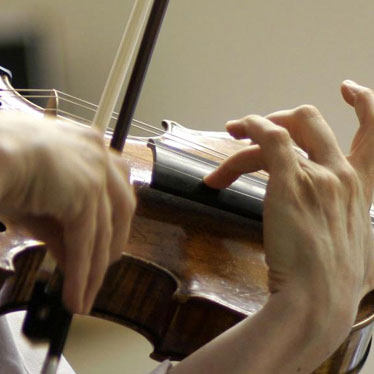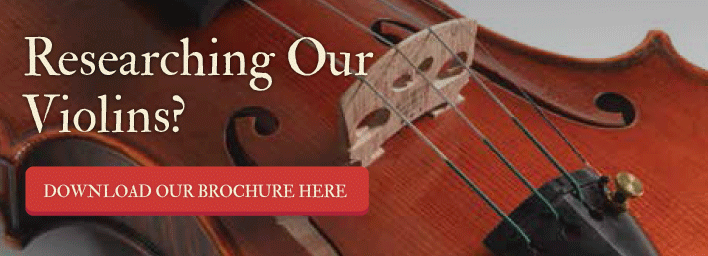What To Do On Stage If You Left Your Sheet Music At Home

It’s the big opening night of your concert. You’ve been practicing your part for weeks now. After preparing your instrument by polishing it and installing new strings, you carefully place it in its case for travel. Then, after careful grooming and donning your best formalwear, you hail a cab and head for the concert hall. Just as you arrive at the venue, panic sets in because you realize you have left your sheet music laying on your practice stand. Just minutes away from rehearsal, and it’s too late to head back home to retrieve it. What should you do?
This type of scenario is something that can easily happen to anyone; even a seasoned musician or two has done this. Don’t beat yourself up! Instead, here are some actions you can take now if you have left your sheet music at home.
Ask for a copy from the music director
Each orchestra has both a conductor and a music director, to help make sure things run smoothly during a performance. Locate the music director quickly and ask for a duplicate copy of the sheet music. This should not take long and you may find others have also left theirs behind. Use this during the rehearsal and as you prepare to give the live performance.
Look up the sheet music on your tablet or mobile phone
If you cannot get a paper copy, take a few minutes to excuse yourself to the side of the stage and quickly look up the digital version of your sheet music. Some easy places to find this fast is on the free mobile and iPad apps Music Room, Music Notes, or ForScore, which all provide access to hundreds of thousands of sheet music on demand. You can also save them for later reference, and upload your own music notes and sheet music for future performances. If you can get to your sheet music quickly, upload it and save it to your device. Turn the volume off and the light on the lowest setting, and use this to get by during the performance.
Share a copy with a colleague
Depending on what kind of instrument you play and if there will be a group of others in the performance, you may be able to burn a quick copy or jot down some notes from a colleague. Explain your situation quickly and ask to share. You can generally get by if you have practiced your parts well. Just don’t impose too much or make it obvious. After the performance, be sure to do something special for your colleague for helping you out during this unfortunate situation.
Follow the conductor carefully
Remember, reading sheet music is only useful as a guide, to help you with difficult transitions in each number. It is not something you will be staring at the entire time. As a skilled musician you are likely to have much of your parts memorized, therefore you can play from memory. Pay careful attention to the conductor and follow his or her lead. Watch for facial expressions, notice the cues you are given, as well as any dynamic directions, because the performance may be more spontaneous, with subtle changes. An interesting article in The New York Times reveals the techniques that several famous conductors use.
Match your playing to others
During a live performance, observe what your colleagues are doing and follow their lead. If you don’t have your sheet music in front of you, pay attention to what the nearest string instrumentalists are doing and keep up with them. Maintain your breathing, stay calm, and remain connected to the tone and rhythm of your instrument. Play a little more subdued than you would when performing a solo part. Try to blend in well and listen for harmony between the sound of your instrument and others. Count any breaks in your head, and try your best to recall them from your practice sessions. It can be challenging, but it’s certainly doable.
If you are absolutely certain you will not be able to play without your sheet music in front of you or that it will take away from the overall quality of the performance, it may be neccessary to gracefully bow out this time. Consider how this could impact your future career as a musician and make the best decision given your skill and objectives.


